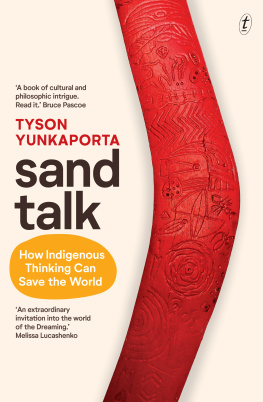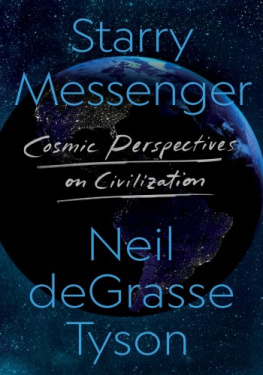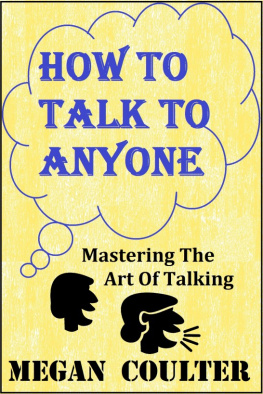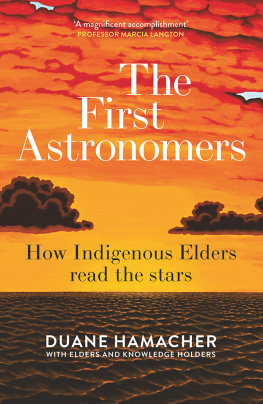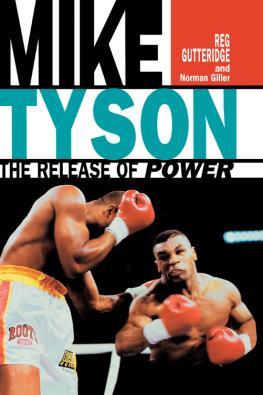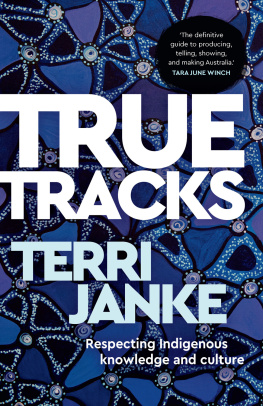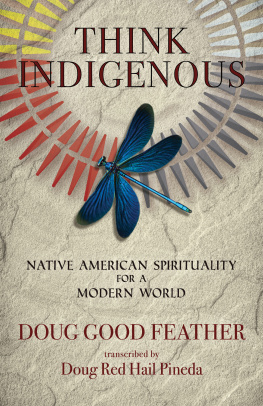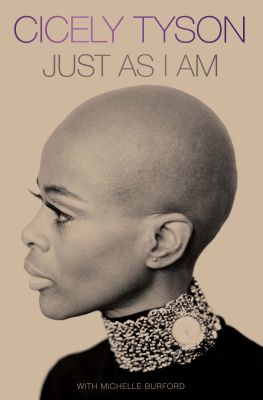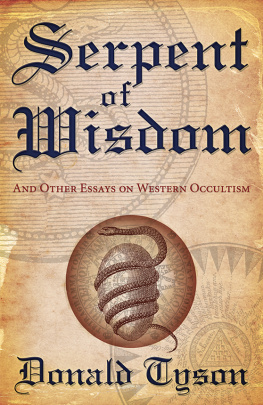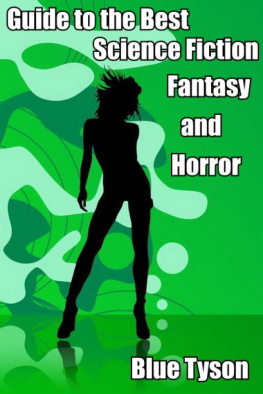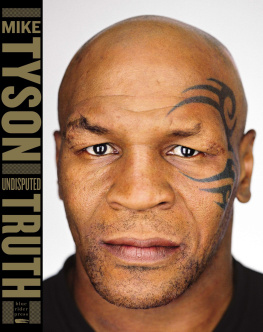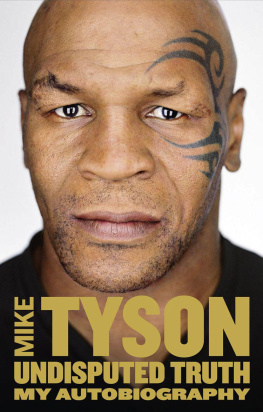This remarkable book is about everything from echidnas to evolution, cosmology to cooking, sex and science and spirits to Schrdingers cat.
Tyson Yunkaporta looks at global systems from an Indigenous perspective. He asks how contemporary life diverges from the pattern of creation. How does this affect us? How can we do things differently?
Sand Talk provides a template for living. Its about how lines and symbols and shapes can help us make sense of the world. Its about how we learn and how we remember. Its about talking to everybody and listening carefully. Its about finding different ways to look at things.
Most of all its about Indigenous thinking, and how it can save the world.
Contents
SAND TALK
Sometimes I wonder if echidnas ever suffer from the same delusion that many humans have, that their species is the intelligent centre of the universe. They are smart enough: their prefrontal cortex, the area of the brain used for complex reasoning and decision making, is the biggest in relation to body size of any mammal. Fifty per cent of the echidna brain is used for some of the hardest kinds of thinking. In humans, it is not even thirty per cent.
In acknowledging this, I am paying my respects to the sentient totemic entities all over Australia where these echidnas follow the songlines of their creation: maps of story carrying knowledge along the lines of energy that manifest as Law in the mind and land as one, webbed throughout the traditional lands of the First Peoples.
You might join me in paying respects to the people and other beings everywhere who keep the Law of the Land:
The Elders and traditional custodians of all the places where this book is written and read.
The Ancestors, the old people from every People now living on this continent and its islands.
Our non-human kin, including the various spiky species around the world, the porcupines and hedgehogs who snuffle in the earth for ants and then do God knows what when were not looking.
I dont know why Stephen Hawking and others have worried about super-intelligent beings from other planets coming here and using their advanced knowledge to do to the world what industrial civilisation has already done. Beings of higher intelligence are already here, always have been. They just havent used their intelligence to destroy anything yet. Maybe they will, if they tire of the incompetence of domesticated humans.
All humans evolved within complex, land-based cultures over deep time to develop a brain with the capacity for over 100 trillion neural connections, of which we now only use a tiny fraction. Most of us have been displaced from those cultures of origin, a global diaspora of refugees severed not only from land, but from the sheer genius that comes from belonging in symbiotic relation to it. In Aboriginal Australia, our Elders tell us stories, ancient narratives to show us that if you dont move with the land, the land will move you. There is nothing permanent about settlements and the civilisations that spawn them. Maybe the reason all the powerful instruments pointed at the sky have not yet been able to detect high-tech alien civilisations is that these unsustainable societies dont last long enough to leave a cosmic trace. An unsettling thought.
Perhaps we need to revisit the brilliant thought paths of our Palaeolithic Ancestors and recover enough cognitive function to correct the impossible messes civilisation has created, before the echidnas decide to sack us all and take over as the custodial species of this planet.
The stories that define our thinking today describe an eternal battle between good and evil springing from an originating act of sin. But these terms are just metaphors for something more difficult to explain, a relatively recent demand that simplicity and order be imposed upon the complexity of creation, a demand sprouting from an ancient seed of narcissism that has flourished due to a new imbalance in human societies.
There is a pattern to the universe and everything in it, and there are knowledge systems and traditions that follow this pattern to maintain balance, to keep the temptations of narcissism in check. But recent traditions have emerged that break down creation systems like a virus, infecting complex patterns with artificial simplicity, exercising a civilising control over what some see as chaos. The Sumerians started it. The Romans perfected it. The Anglosphere inherited it. The world is now mired in it.
The war between good and evil is in reality an imposition of stupidity and simplicity over wisdom and complexity.

A collection of pages filled with marks representing speech sounds is a complicated way of communicating, particularly when you want to convey a practical sense of the pattern of creation that might shed light on current crises the world is facing. Complicated, not complex. They are two very different things. Viewing the world through a lens of simplicity always seems to make things more complicated, but simultaneously less complex.
For an Indigenous Australian coming from an intensely interdependent and interpersonal oral culture, writing speech-sound symbols for strangers to read makes things even more complicated. That is exacerbated when the audience is preoccupied with notions of authenticity and the writers standing as a member of a cultural minority that has lost the right to define itself. The ability to write fluently in the language of the occupying power seems to contradict an Indigenous authors membership of a community that is not supposed to be able to write about itself at all. So at this point I will need to explain who I am and how I came to be writing this.
In my own world I know myself as my community knows me: a boy who belongs to the Apalech clan from Western Cape York, a Wik Mungkan speaker with ties to many language groups on this continent, including adoptive ties. Some adoptive ties are informal, such as those I have in New South Wales and Western Australia, but my customary adoption two decades ago into Apalech is under Aboriginal Law, which is strict and inalienable. This Law prevents me from identifying with Nungar/Koori/Scottish affiliations by descent and demands that I take on exclusively the names and roles and genealogies required of Apalech clan membership. I honour this no matter what, even though I know most people dont understand it and it makes me look silly: while people in the south tell me I look Indian or Aboriginal or Arab or Latino, when I stand beside my very dark-skinned adoptive father I look like Nicole Kidman.
My life story is not redemptive or inspiring in any way and I dont like sharing it. It shames and traumatises me, and I need to protect myself as well as others who have been thrown about in the cyclones of this messy colonial history. But people insist on knowing about it before reading my work, for some reason, so here is the condensed version.
I was born in Melbourne but relocated north as an infant, then grew up in a dozen different remote or rural communities all over Queensland, from Benaraby to Mount Isa. After a challenging and often horrific period of schooling, I was eventually unleashed on the world as an angry young male, in a flurry of flying fists and cultural dysphoria. Combine the worst parts of the films Once Were Warriors, Conan the Barbarian and Goodfellas and youll get a fair idea of what went on. As a child I was not a happy camper, but taking control of my life as a legal adult did not improve my disposition, and for that I blame nobody but myself.

